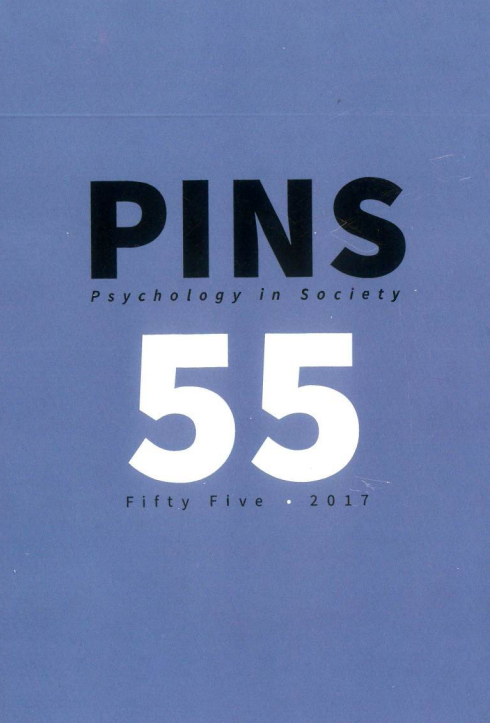Mapping the black queer geography of Johannesburg’s lesbian women through narrative
DOI:
https://doi.org/10.17159/2309-8708/2017/n55a6Keywords:
narrative maps, queer geographies, Johannesburg Pride, intersectionality, spaceAbstract
To be black, working class, living in a township and lesbian is to be a discordant body. This is a markedly different experience than being a socio-economically privileged resident of Johannesburg. This paper sets out to map marginalised sexualities onto existing social fissures emerging out of South Africa’s divided history of apartheid. It argues that while the repeal of the Sexual Offences Act, 1957 (Act No. 23 of 1957, previously the Immorality Act, 1927) and the promulgation of the Civil Union Bill (2006) has had a liberating effect on the lesbian community of Johannesburg; the occupation of physical space is deeply informed by the intersecting confluence of race, class, age, sexuality, and place. Based on the stories of black lesbian women, the paper analyses the occupation of the city’s social spaces to map the differential access to lesbian rights and exposure to prejudice and violence. Findings suggest that their agential movement through space and performances of resistance lends a nuance to the dominant script of victimhood. Their narratives of becoming are shaped by the spaces that they inhabit in both liberating and disempowering ways.
Downloads
Downloads
Published
How to Cite
Issue
Section
License
This journal is an open access journal, and the authors' and journal should be properly acknowledged, when works are cited.
Authors may use the publishers version for teaching purposes, in books, theses, dissertations, conferences and conference papers.
A copy of the authors’ publishers version may also be hosted on the following websites:
- Non-commercial personal homepage or blog.
- Institutional webpage.
- Authors Institutional Repository.
The following notice should accompany such a posting on the website: “This is an electronic version of an article published in PINS, Volume XXX, number XXX, pages XXX–XXX”, DOI. Authors should also supply a hyperlink to the original paper or indicate where the original paper (http://www.journals.ac.za/index.php/pins) may be found.
Authors publishers version, affiliated with the Stellenbosch University will be automatically deposited in the University’s’ Institutional Repository SUNScholar.
Articles as a whole, may not be re-published with another journal.
The copyright of the article(s) lies with the author(s).
The copyright of the journal lies with PINS-psychology in Society.
The following license applies:
Attribution CC BY-NC-ND 4.0 - https://creativecommons.org/licenses/by-nc-nd/4.0/

